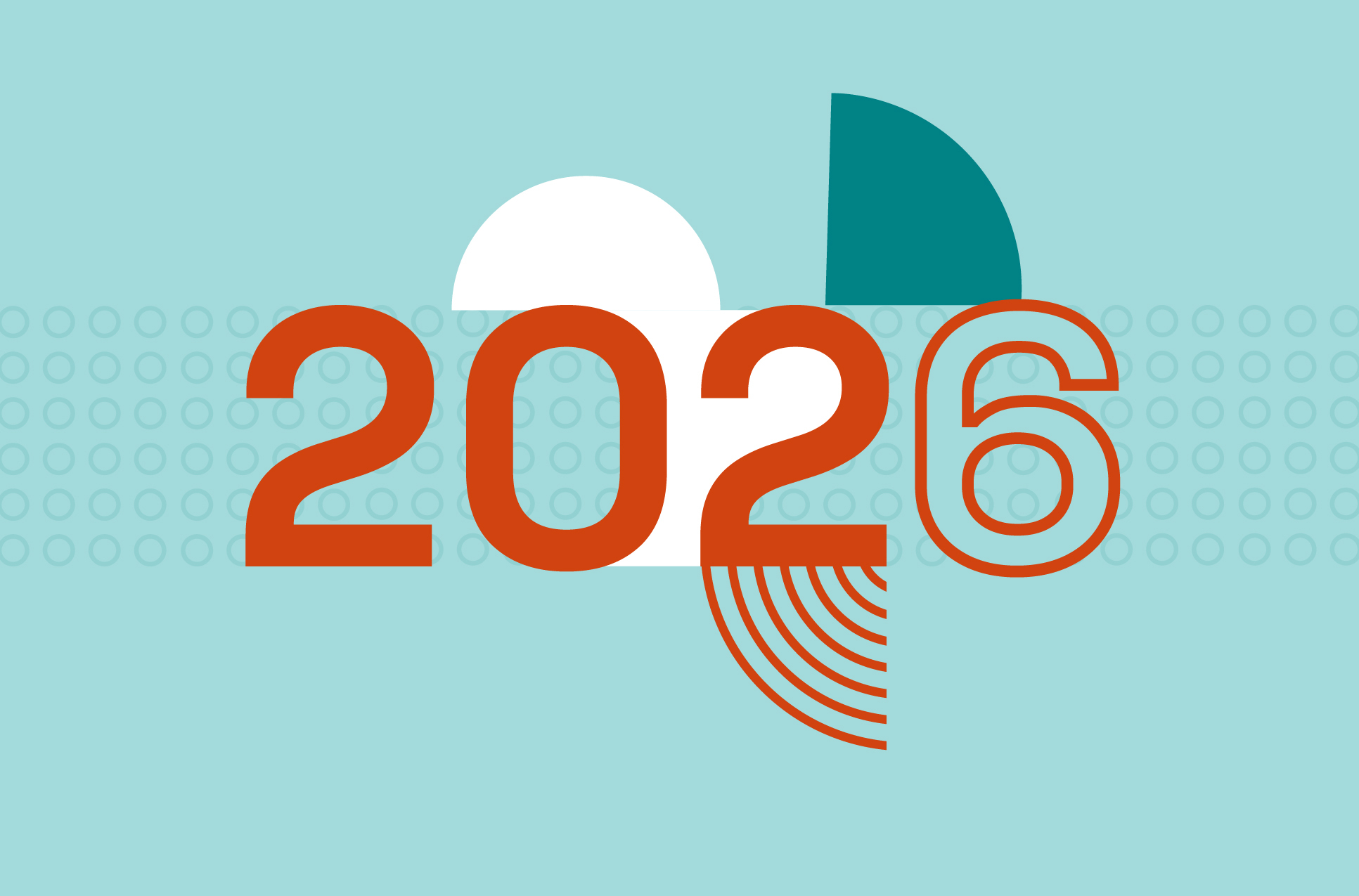Big shifts are coming to credentialing, and the July 1, 2025 NCQA updates are just the beginning. At Andros, we’re not just preparing for change—we’re built for it. Our recent full, three-year CVO accreditation from URAC, alongside our longstanding NCQA certification, puts us in rare company—fewer than 25 credentialing organizations nationwide hold both. These milestones aren’t just recognition, but validation of the rigor, scale, and trust that health plans and provider organizations count on every day.
“Earning URAC accreditation is a powerful validation of our operational rigor and the trust our clients place in us. Our work touches nearly every corner of the healthcare system. We take that responsibility seriously, and this accreditation reflects our team’s tireless commitment to excellence."
Mark Hirschhorn, Vice President, Compliance Officer, Andros
With dual accreditation and certification in place, and new NCQA requirements on the horizon, here’s what payers, providers, and digital health innovators need to know to stay ahead. These updates introduce stricter timelines, enhanced data requirements, and new expectations for ongoing monitoring—raising the bar for compliance and operational efficiency.
2025 NCQA Changes
NCQA’s updates focus on a faster, more proactive credentialing process that leverages modern, innovative technology. Here are the five key changes to prepare for ahead of the July 1, 2025 deadline:
1 - Shorter verification windows
One significant change is the shortened verification window. Organizations seeking credentialing accreditation or health plan accreditation will now need to verify credentials within 120 (down from 180). For credentialing certification, the timeline shortens to 90 days.
Manual processes won’t keep up with this pace, so introducing streamlined, tech-enabled workflows will be essential.
2 - New ongoing monitoring criteria
Ongoing monitoring requirements are expanding as well. License expiration tracking must now happen monthly. Medicare and Medicaid sanctions and SAM.gov checks must be performed every 30 days, with findings shared beyond the credentialing committee to a designated peer-review body. NCQA is pushing for a truly continuous monitoring model.
3 - Updates to credentialing application
Credentialing applications also have new requirements. Providers must now include race, ethnicity, and language information as part of the application (though completing these fields remains voluntary). Additionally, NCQA now requires a non-discrimination statement to be included. These updates align with the industry’s growing focus on equity and access.
4 - Aligning system control requirements with information integrity standards
NCQA has also expanded its information integrity standards. This includes clearer definitions, improved system controls, and new training protocols to ensure data accuracy and compliance. These updates require a closer review of how credentialing data is stored, accessed, and maintained.
5 - Revisions to credentialing program structure
Lastly, NCQA is updating its credentialing program design. Credentialing certification now spans three years (instead of two) with a three year look-back period.
Scoring is now aligned with health plan accreditation, with outcomes labeled “Met,” “Partially Met,” or “Not Met.” This simplified scoring model makes it easier for organizations to track their standing.
How Andros Can Help
Our dual recognition from URAC and NCQA isn’t just a badge, but a signal to our partners that they can trust our processes, people, and technology. That trust is especially critical for organizations operating in complex or highly regulated environments.
“Compliance isn’t just a checkbox, it’s foundational. When we choose a partner like Andros, we’re looking for a team that meets the highest industry standards, and their dual accreditation helps us move forward with confidence.”
Tamika Hunt, Credentialing Manager, Talkspace
NCQA’s updates present a valuable opportunity to improve credentialing processes, while introducing new challenges. These changes reflect the industry’s shift toward a faster, more proactive approach. At Andros, we’re helping clients streamline workflows, enhance data accuracy, and adopt technology-driven solutions to stay ahead of the deadline.
July 1, 2025, is fast approaching. Don’t wait to assess your processes! Reach out today and Andros can help you build a strategy that ensures compliance while improving efficiency. Let’s talk about how you can meet NCQA’s new standards with confidence.

